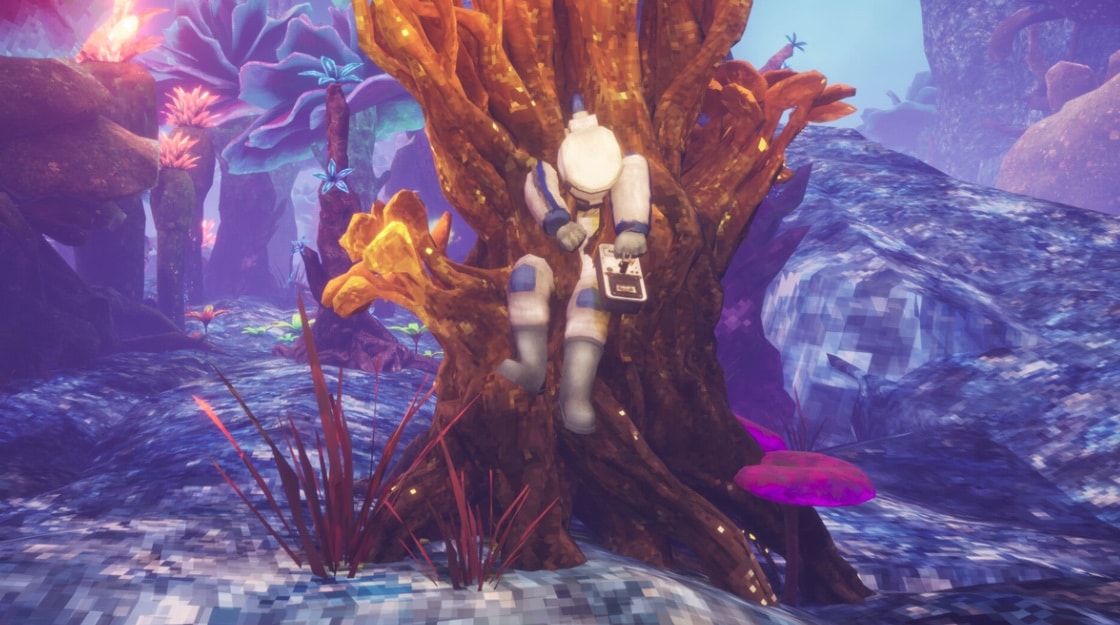Developing video games is a difficult art. While barriers to creation are relatively low, thanks to freely available tools and online education, bringing a game to market is a mammoth effort of countless factors: marketing, distribution, platform porting, and perhaps more importantly, time and will.
Developers need the scope and space to create games, and monetary support to bring their most unique, creative ideas into the light. For the New Zealand Centre of Digital Excellence (CODE) in Dunedin, capturing that creativity, and supporting developers in their long term goals, is essential.
Providing funding isn’t only an investment in individual creativity – for CODE, it’s about sharing culture, bringing New Zealand voices to a global audience, and connecting the local industry, with the added benefit of economic development.
“Kiwi culture is unmistakably cool right now, whether it’s our janky sense of humour pervading its way through games or Māori-led content or even just New Zealand games at their quirky best,” Vee Pendergrast, Industry Development Manager for CODE told GamesHub. “New Zealand devs definitely have their unique cultural ‘voice’ that they bring to this medium, which can be refreshing for jaded audiences.”
“If you see a Māori-led team, making a game with their culture being highlighted, not only is it cool if you’re in Brisbane, or Adelaide (or London, or Berlin) and haven’t had much exposure to this culture, but people get to see others like themselves being represented. And particularly for growing the next generation of developers, we find lots of people from a huge number of backgrounds have something to bring to the table creatively.”
As Pendergrast told GamesHub, an area like Dunedin isn’t Los Angeles, with its bright lights and big budgets. Local funding is often on a grassroots level, but even a small leg up can inspire major successes. To that end, CODE provides a range of funds for local developers: from kickstart funding for new projects, to travel grants and marketing opportunities at PAX Australia and other events.
“Every successful game here puts food on the table, pays for someone’s rent or living arrangements, puts their kids through school or even just buys them a cup of coffee,” Pendergrast said. “That’s immensely satisfying, and we especially enjoy it when we have helped uplift people into careers and opportunities they might not have otherwise had access to.”
Read: SAGE 2024 showed off the full scope of South Australia’s game studios
“One of my favourite projects at the moment is being managed by a former concrete layer. You see people glow up with their potential. It’s incredibly rewarding watching people shine.”
Abiotic Factor: A major success story
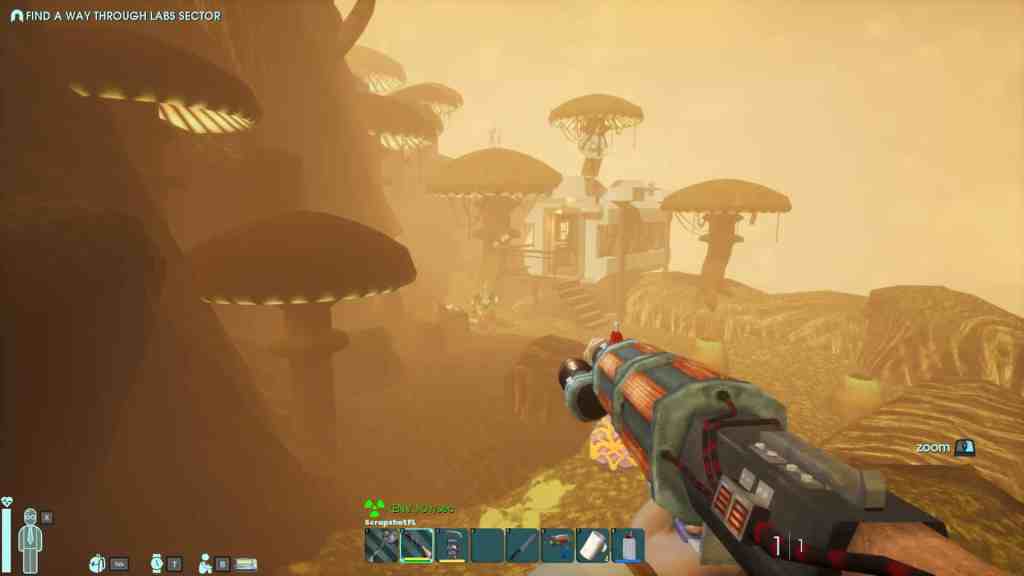
It was with the support of CODE that New Zealand studio Deep Field Games recently brought survival crafting game Abiotic Factor to market. Since its early access launch in May 2024, the game has already sold 250,000 copies. Its Steam rating has hit Overwhelmingly Positive with over 4,900 reviews, and it’s being talked about worldwide.
According to production and studio director Henry Feltham, CODE’s support allowed the team to advance development on the game significantly, leading them directly to the support of global publisher, Playstack.
“CODE support allowed us to ramp up development on our project more rapidly, bringing on more people/extending existing staff hours, so that we reached a ‘shoppable’ prototype much more rapidly,” Feltham told GamesHub. “This meant we could start talking to publishers sooner, with a higher quality product, and get to market more quickly and efficiently.”
Feltham also said that on a personal level, the funding helped to relieve stress and pressure on him, in his day-to-day. It served as reassurance for his creative vision, his ambitions for game quality, and his obligations to the game’s investors. “It was also a strong gesture of support at a critical time, which had a real morale boost,” Feltham said.
Read: Queensland has become a thriving hub for video game developers
From the perspective of CODE, Abiotic Factor has been a significant success, and one that will buoy future funding opportunities, and an expanding funding program in future. CODE is currently working to expand its portfolio of games, with titles like Abiotic Factor adding to the prestige of its funding library.
“There’s always so much work to do!” Pendergrast said. “It’s exciting, and we will continue to demonstrate our agility and ability to bring value to the economy and cultural landscape here.”
Heeding the Skycall
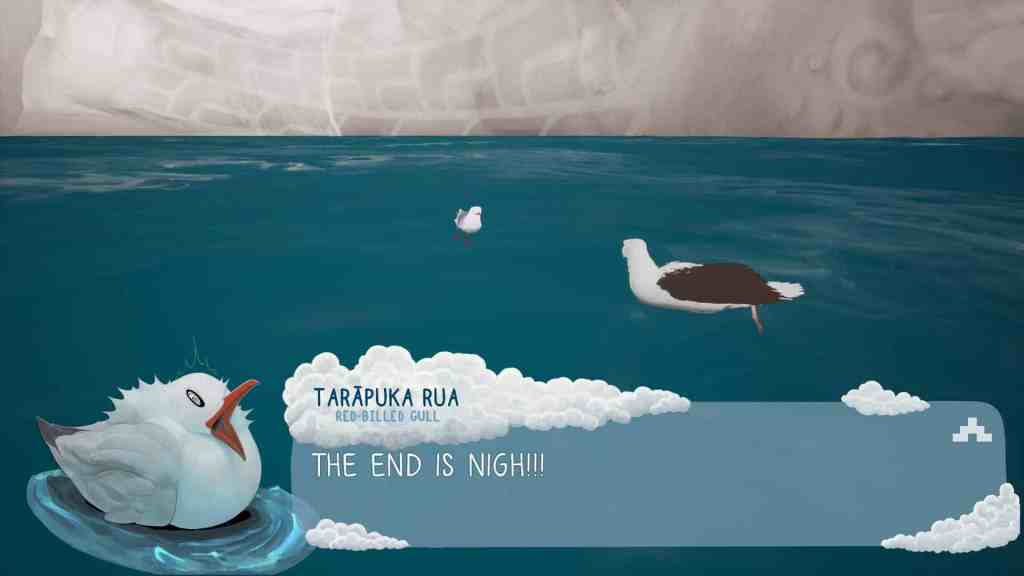
For the team at Atawhai Interactive, CODE’s support accounts for its very existence.
“CODE funding allowed us to set up a studio in the first place,” Mickey Treadwell, software engineer told GamesHub. “The initial kickstart funding allowed us to work on the prototype of Toroa: Skycall part-time, and based on the strength of that prototype, the StartUp grant allowed us to transition into full-time game development.”
The support went beyond monetary, with many Atawhai Interactive team members benefitting from CODE’s game development-focused seminars and workshops, as well as mentorship opportunities.
Travel grants have also allowed more eyes on Toroa: Skycall, and more professional connections for Atawhai. Members from the studio have travelled to PAX Australia and GDC in San Francisco with the support of CODE, opening up fresh avenues for player feedback, as well as networking with global developers, publishers, and potential investors.
Like Feltham, CODE’s funding also had a deeply personal impact on Treadwell: “Given that CODE allowed me to transition to working on Toroa full-time, it has effectively changed my professional life entirely,” he said. “Because of CODE’s support, I have gone from a hobbyist developer to a full-time gameplay programmer and company director – with all the stress and excitement that entails.”
Brews & Bastards, and balancing monkeys
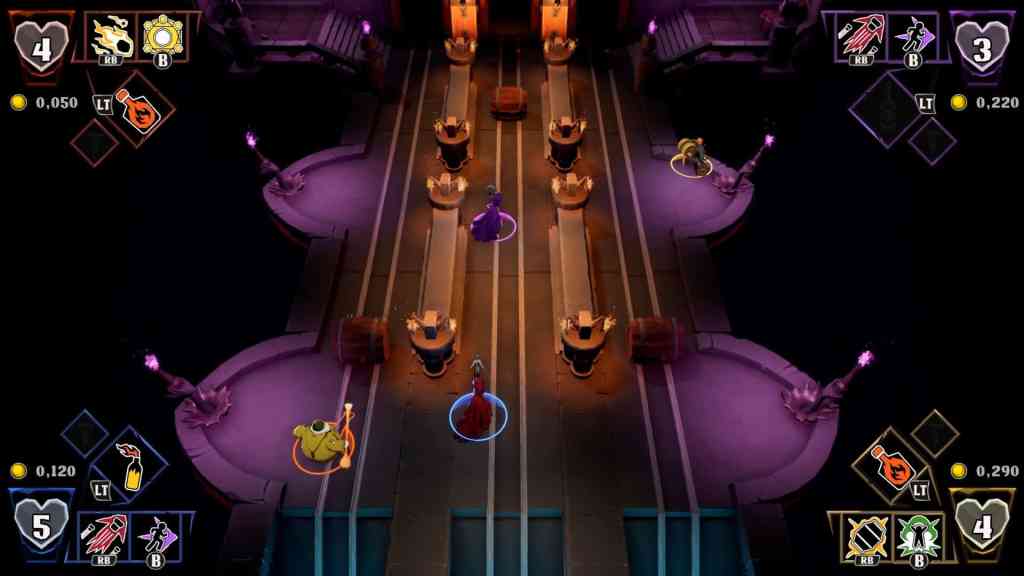
Like Atawhai Interactive, Dunedin-based studio Mune was born with CODE-provided funding. The studio is currently working on Brew & Bastards, a quirky co-op dungeon crawler inspired by fantasy taverns and adventuring.
“We wouldn’t have been able to start a studio at all, without CODE’s funding,” developer Erekose Watson told GamesHub. “The grants we obtained were vital in allowing us to work on the project full time, and getting it to a state where we could obtain additional investment, which we eventually did.”
Watson describes the funding as particularly transformative, as it inspired the realisation of a long-term goal: “It allowed me to break into my dream industry, and gave me the freedom to work on our own project. It’s cliche, but it genuinely changed my life.”
Even for more established studios, CODE’s support has been invaluable. Balancing Monkey Games made a name for itself with the release of city builder Before We Leave in 2020. It’s currently working on a spiritual sequel titled Beyond These Stars, with development work supported by CODE funding. With the organisation’s help, Balancing Monkey has been able to hire a new game designer, as well as a senior 2D/3D artist.
For the studio’s managing director Anna Barham, the support of CODE and its many seminars and workshops has allowed her to broaden her skillset and leadership: “I have learned a huge amount from all the [CODE] workshops, and am more confident and competent as a business leader, thanks to them.” With the help of Vee Pendergrast and the wider CODE team, Barham was also able to develop new pitching skills, and strengthen her determination to lead Balancing Monkey Games forward.
On the importance of funding
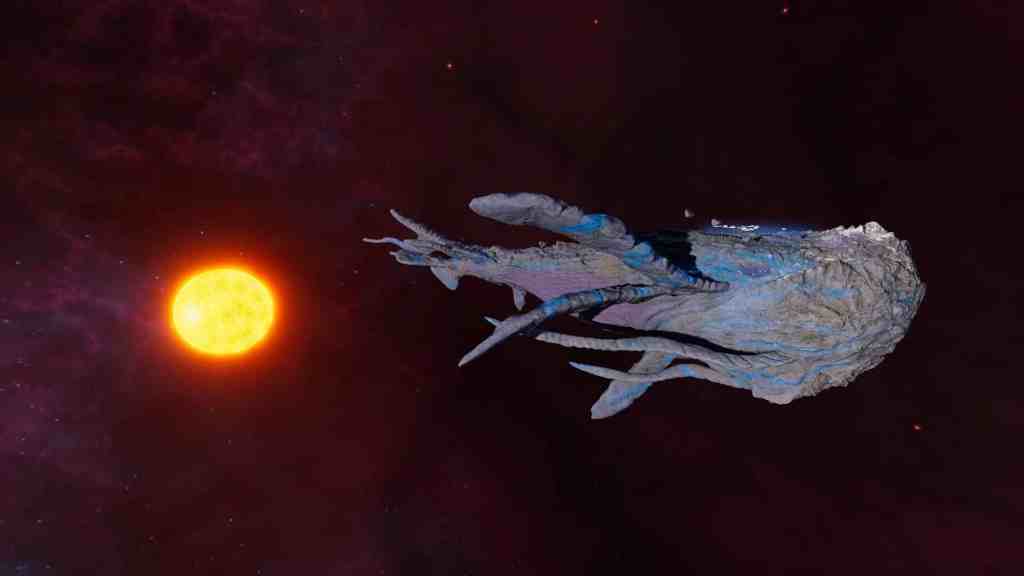
When discussing video game funding as a whole, it’s easy to get caught in a trap of tying game creation directly to monetary worth. The reality is that funding does have benefits for game development – it provides jobs and economic benefit, and it also encourages tourism and cultural transmission.
“Government-based funding of video games would seem to be a sensible financial investment, in that it can help New Zealand game developers reach profitability which they otherwise could not,” Treadwell said. “This results in money flowing into the country in exchange for an export product which is both weightless, and allows Aotearoa to contribute culturally to the video game space.”
But its other value is intangible. It’s about providing a creative outlet to developers, who share their experiences, culture, and commentary in games. It’s about creating works of art that make people feel. Funding success is difficult to quantify in that regard, but according to CODE, that’s not a major concern when supporting developers.
“We look for things like novelty or the ‘Yes, and…’ rule. ‘Yes, this game is a bit like something you have had before, so it’s familiar enough that you’ll take a look, AND it offers you this unique new experience,'” Pendergrast said. “Sometimes it’s a secret sauce, which is hard to quantify. Sometimes you’re laughing so hard reading the application that it’s just ridiculous fun.”
Government funding allows developers to share their ideas with a global audience, building connections through their art. And for many, it’s absolutely essential to guide their vision to market.
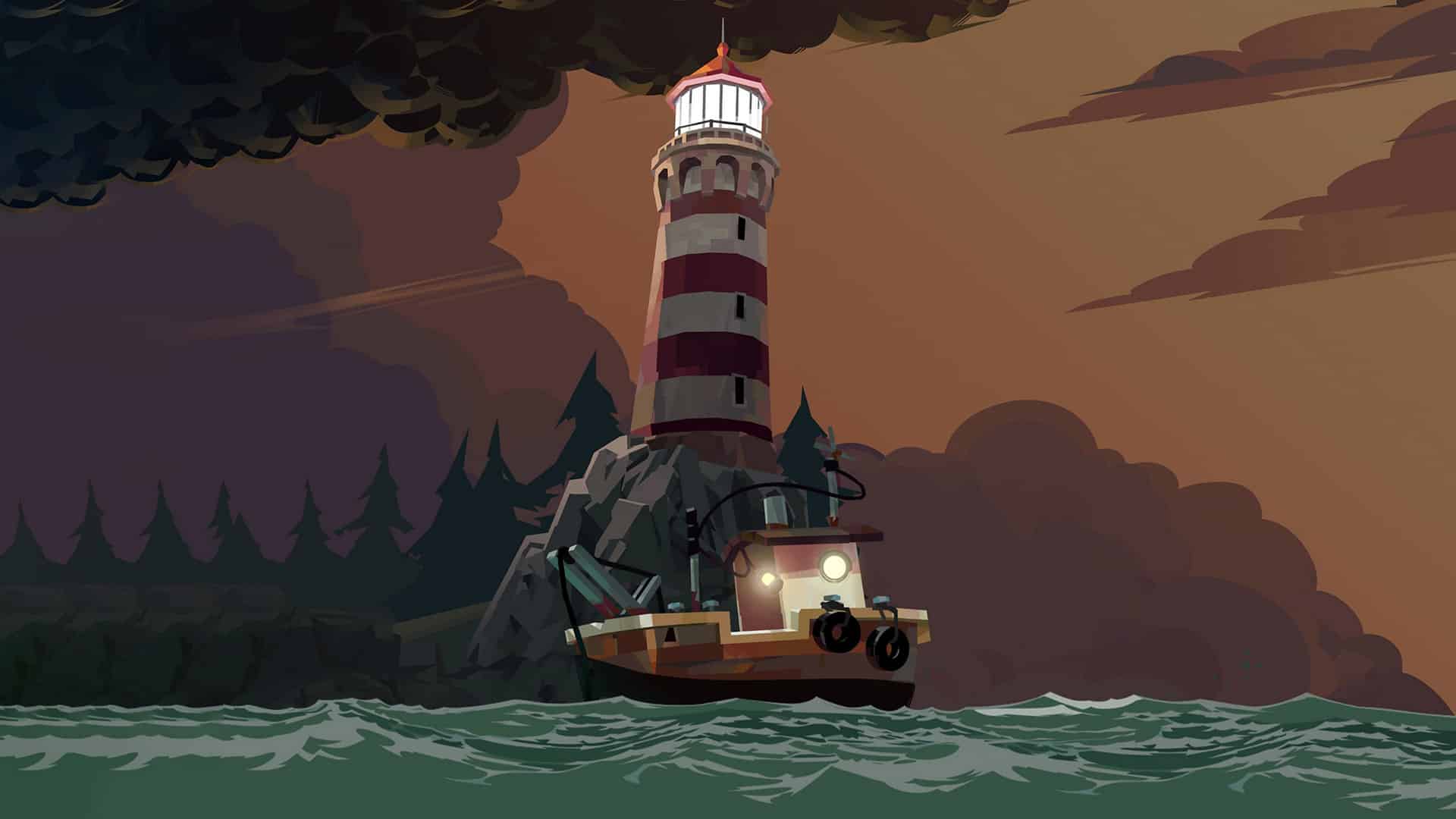
Read: DREDGE review – An inescapable siren song
“It cannot be overstated: government support is an essential foundation of industry growth,” Feltham said. “At the level of established developers looking to create new IP, it offers a way to develop products outside of existing studio networks – letting us grow the industry and create innovative new games that can reach (very) large new markets.”
Feltham also pointed to government funding as a core boost to foster new talent, as well as build teams, create new products, grow skills, and provide pathways into experienced positions.
“New Zealand has some of the best video game talents in the industry, and pre-CODE and government funding, almost all of these talented people were getting employed by overseas developers,” Watson said. “Government funding allows talent to stay in NZ and thrive. Without it, we wouldn’t have success stories from games like Dredge and the recently released Abiotic Factor.”
In the years ahead, CODE has a vision to keep its train of success going. Dunedin has served as an incubator of local game talent with “its own momentum” and now, CODE plans to expand its support for the wider New Zealand industry.
Its three step plan for expanding is simple:
“1. Consolidate the success in Dunedin. Build the pathways stronger from tertiary graduation straight into industry hires and continue to push on that wonderful creative culture that has broken out here.
2. Grow our national programme – we see it all as very complimentary, rather than competitive. Our teams are very collaborative.
3. More games from Aotearoa NZ hitting your virtual shelves, with more unique voices, and more choice and enjoyment for everyone.”
With games like Abiotic Factor proving the value of CODE’s funding on multiple levels, and a raft of new CODE-supported games set to arrive over the next two years, these ambitious goals feel tangible and achievable.
In a difficult games landscape currently influenced by years of global over-expansion, and ruled by a handful of companies, CODE is working to provide a stable and secure funding base that will aid and expand developer creativity in New Zealand for years to come.
